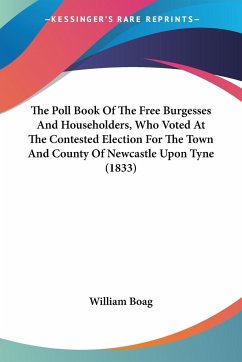Short description/annotation
A study of how the Swiss gradually defined their national identity in the nineteenth century.
Main description
This book examines the ways in which the Swiss defined their national identity in the long nineteenth century, in the face of a changing domestic and international background. Its narrative begins in 1761, when the first Swiss patriotic society of national significance was founded, and ends in 1891, when the Swiss celebrated their 600-year existence as a nation in a monumental national festival. While conceding that the creation of a nation-state in 1848 marked a watershed in the history of Swiss nation-formation, the author does not focus one-sidedly - as many others have done - on the activities of the nationalising state. Instead, he attributes a key role to the competitive and contentious struggles over the shaping of public institutions and over the symbolic representation of the nation. These struggles, to which the nation-state and civil society contributed in equal measure, were framed increasingly along national lines.
Table of contents:
Introduction: history, memory, and the politics of national identity; 1. Confederate identity before nationalism: events, politics, symbols; Part I. From Nation to State: 2. Dreaming of the wider fatherland: the nation of the patriots; 3. Contentious unity: the rise and fall of the invisible nation; 4. 'The nation has had her say at last'; Part II. Towards the Modern Mass Nation: 5. 'We have become a people': towards the mass nation; 6. Competing visions of the nation's past: the rise of critical historiography; Afterword.
Hinweis: Dieser Artikel kann nur an eine deutsche Lieferadresse ausgeliefert werden.
A study of how the Swiss gradually defined their national identity in the nineteenth century.
Main description
This book examines the ways in which the Swiss defined their national identity in the long nineteenth century, in the face of a changing domestic and international background. Its narrative begins in 1761, when the first Swiss patriotic society of national significance was founded, and ends in 1891, when the Swiss celebrated their 600-year existence as a nation in a monumental national festival. While conceding that the creation of a nation-state in 1848 marked a watershed in the history of Swiss nation-formation, the author does not focus one-sidedly - as many others have done - on the activities of the nationalising state. Instead, he attributes a key role to the competitive and contentious struggles over the shaping of public institutions and over the symbolic representation of the nation. These struggles, to which the nation-state and civil society contributed in equal measure, were framed increasingly along national lines.
Table of contents:
Introduction: history, memory, and the politics of national identity; 1. Confederate identity before nationalism: events, politics, symbols; Part I. From Nation to State: 2. Dreaming of the wider fatherland: the nation of the patriots; 3. Contentious unity: the rise and fall of the invisible nation; 4. 'The nation has had her say at last'; Part II. Towards the Modern Mass Nation: 5. 'We have become a people': towards the mass nation; 6. Competing visions of the nation's past: the rise of critical historiography; Afterword.
Hinweis: Dieser Artikel kann nur an eine deutsche Lieferadresse ausgeliefert werden.








